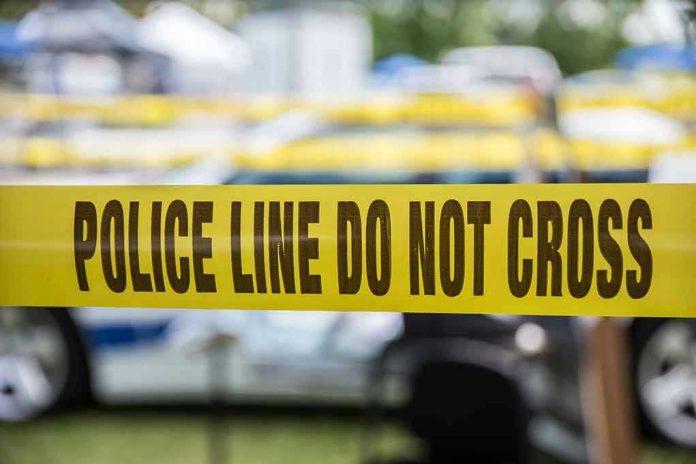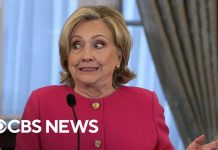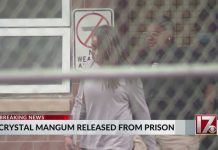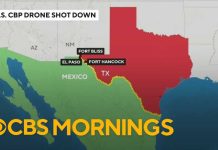
Another bloody Labor Day weekend in Chicago highlights the absurdity of ignoring federal intervention as local leaders prioritize politics over safety.
Story Snapshot
- 54 shot, 7 killed over Labor Day weekend in Chicago.
- Trump threatens National Guard deployment amidst rising crime.
- Local leaders reject federal help, emphasizing constitutional rights.
- Debate over federal vs. local control intensifies.
Violence Erupts in Chicago Over Labor Day Weekend
Chicago faced a tragic surge in violence over the 2025 Labor Day weekend, with at least 54 individuals shot and seven killed in a series of incidents. This alarming spike in gun violence reignited the national debate on urban crime and federal intervention. Former President Donald Trump proposed deploying the National Guard to restore order, a move met with strong opposition from Illinois Governor JB Pritzker and Chicago Mayor Brandon Johnson. Critics argue that local policies have failed to address the persistent issue of violence effectively.
The first shootings were reported on Friday evening, August 30, marking the beginning of a violent weekend. Saturday saw multiple mass shootings, including a drive-by near the Chicago Public Safety Headquarters. By Monday afternoon, the casualty toll had risen significantly, with 54 people shot and seven fatalities. The city’s leadership issued statements emphasizing their commitment to maintaining local control and constitutional protections, rejecting federal intervention despite the escalating crisis.
Political Standoff and Public Reactions
The political fallout from the weekend’s violence has been intense. Mayor Johnson issued an executive order prohibiting local police from cooperating with federal agents, while Governor Pritzker labeled Trump’s proposed deployment as “illegal” and “unconstitutional.” Trump has reiterated his threats, urging local leaders to address the crisis swiftly or face federal intervention. The Illinois Freedom Caucus, a group of Republican state lawmakers, has expressed support for Trump’s stance and plans to hold a press conference advocating for federal involvement.
Amidst the political standoff, residents and victims’ families are left grappling with trauma and fear. The ongoing violence has heightened tensions in Chicago’s most affected neighborhoods, particularly the South and West Sides. Community leaders continue to call for both immediate safety measures and long-term reform to address the root causes of violence, such as socioeconomic disparities and gang activity.
Implications and Future Outlook
The tragic events of the weekend have significant implications for both short-term safety and long-term policy debates. The potential for changes in law enforcement strategies and leadership looms large, as public pressure mounts on city and state officials. The debate over federal versus local control of public safety is likely to influence upcoming elections and shape political alignments in the city and beyond.
Economically, the perception of instability due to such violence could have negative repercussions for Chicago. Socially, the events have further fragmented communities and eroded trust in institutions. As the political polarization intensifies, crime may become a central issue in future campaign narratives. Nationally, the situation in Chicago may set a precedent for urban policing and federal intervention debates, potentially influencing criminal justice reform discussions across the country.



